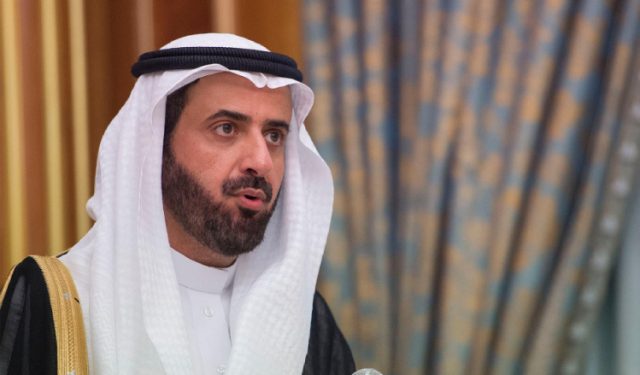
Expat government doctors’ stay in Kingdom fixed
Health Minister, Tawfiq Al-Rabiah has reportedly fixed the stay of the expatriate medical specialists and consultants working in government hospitals in the Kingdom by 10 and 15 years respectively, according to the ministry’s sources.
Quoting the sources, a local daily said on Wednesday that the minister took the decision after meeting with the leading officials of his ministry on Tuesday.
According to the sources, the minister reportedly decided to stop renewal of contracts and iqamas for all non-Saudi specialist or consultant doctors working in the government hospitals.
The sources, however, did not make it clear if these doctors would be allowed to transfer their iqamas to the private hospitals. The minister also prevented any non-Saudi doctor from taking over any administrative work in the hospitals.
The sources said Al-Rabiah’s objectives include making the ministry a complete electronic entity to be able to monitor and control any government or private hospital and to follow up their performance from a distance.
They said the minister also decided to open specialist clinics in the health centers and added that all the health establishments will be paid their financial entitlements at the beginning of every year.
The minister has introduced fingerprinting for ministry’s staff to record their attendance and register their arrival and departure.
He also said specialists and consultants should not be assigned administrative or technical work in the hospitals, which should be limited to the people with degrees in administration and hospital management.
Shortage of
specialized Saudi doctors
Meanwhile, a total of 4,548 doctors could not complete their specialized higher studies due to unavailability of seats during the past three years from 2014, an official report said. “Only 2,012 out of 6,560 doctors who graduated from 23 medical colleges joined the training program,” said the report issued by the Health Ministry. “This resulted in a big shortage of specialized doctors,” the report said.
Mohammed Al-Khaibary of the ministry’s statistics department said the statistical book for 2015 is not yet ready for printing and distribution as it awaits approval.
Abdullah Al-Zahyan, spokesman of the Saudi Commission for Health Specialization, said his organization was aware of the shortage of seats for the training of newly graduated doctors.
“They have to attend the training program to receive the Saudi Board’s certificate,” he told Makkah Arabic daily. He said joint efforts were required to increase the capacity of training centers.
“The commission should increase the number of training centers,” he said, adding that it has already approved 1,119 centers, which offer specialization certificate in 77 programs.
“Three of these centers have been recognized by Bahrain while one of them – King Abdullah Hospital – has been recognized by Jordan,” Al-Zahyan said.
Negotiations are ongoing in the UAE and Ireland to approve other training centers. This will increase the opportunity of medical graduates to obtain specialization certificates. The commission has appointed Dr. Mohammed Al-Sultan assistant secretary-general for higher studies to strengthen the training program.
“The specialization certificate issued by the Saudi Board is one of the strongest in the world,” he said. Many international organizations including the 100-year old Royal College of Physicians and Surgeons of Canada have recognized our certificates, he added.


























